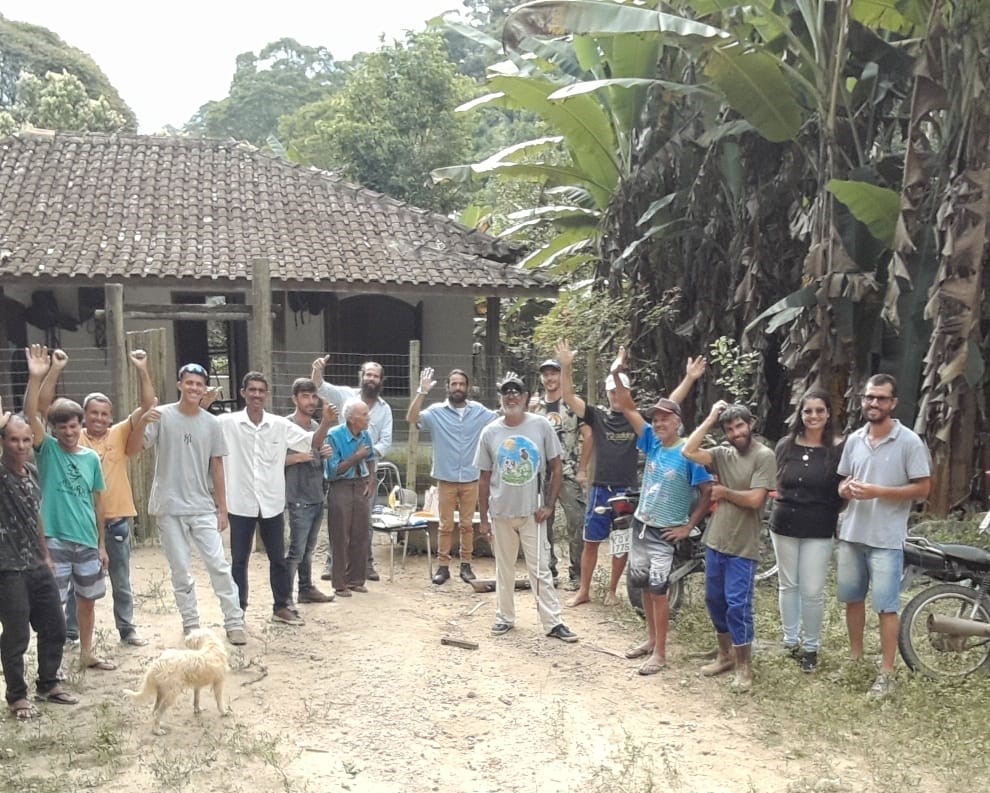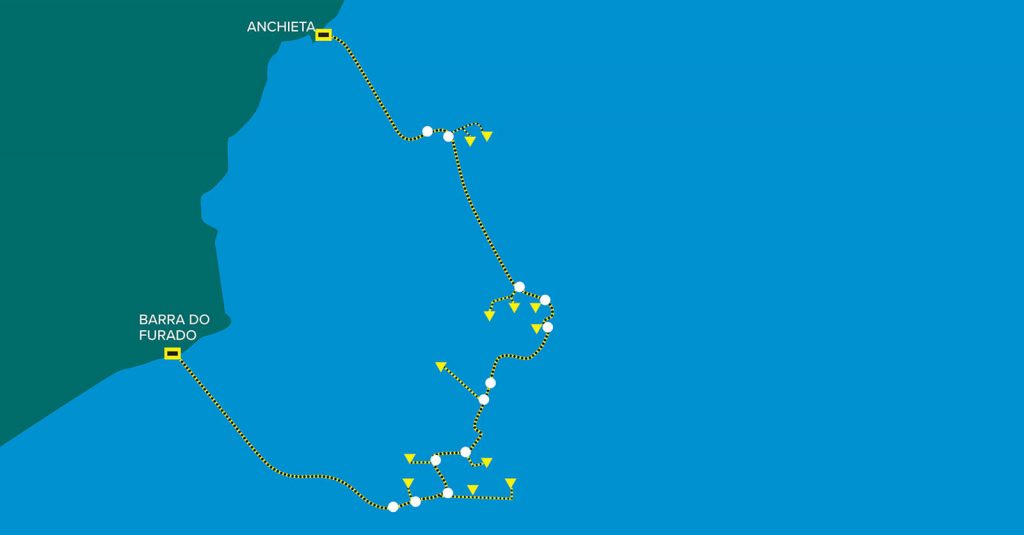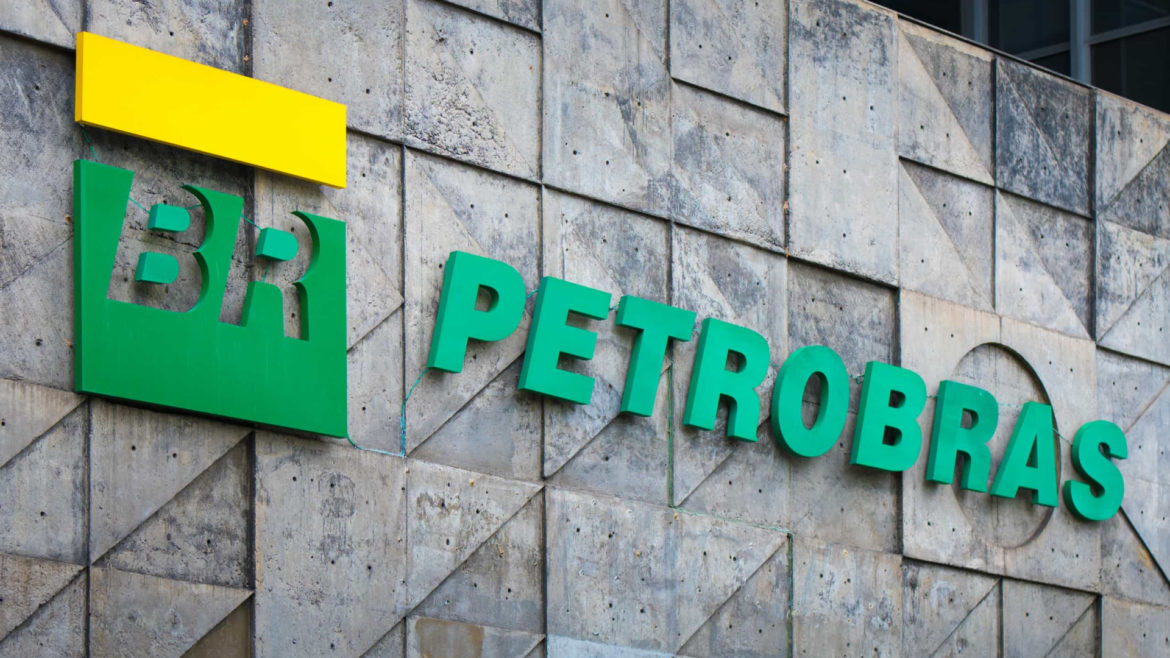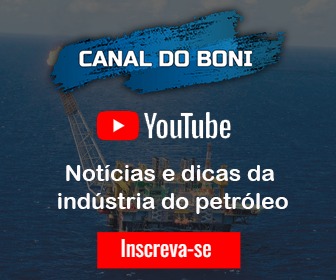"In this largest energy reservoir of the world, great interests placed their sights here"
Walter Martinez: To refer to PDVSA [Petroleos de Venezuela, the state-owned oil company] and its shut-down, all talents were used and without integrity because there is no doubt that the shut-down was organized with premeditation and much intelligence.
Rafael Ramirez: Yes. On top of it all they used all the resources of the Venezuelan state that are concentrated in PDVSA in order to plan for eight or nine months the sabotage which was supposed to recreate the situation of instability and coup that we lived through in April 2002. But what models and what policies are in confrontation with each other? Well, here we need to say that the management that was in control of PDVSA was a management that was aligned with the interests of transnational oil companies, which have always been in conflict with our national interests. That is, on a global level there is a confrontation between the countries that are the owners of recourses and the producing countries that want to vindicate the sovereign right to administer their resources—resources which, in addition, are natural and non-renewable—to administer them in the best way and which values them.
Walter Martinez: In the long run this resource must be used optimally—one must take advantage of the current situation.
Rafael Ramirez: Of course, and this is a right we have. But in addition, this contradicts the interests of the oil consuming countries, which are gathered in the International Energy Agency, its transnational companies, and the interests of the investors who try to obtain maximal benefits at the cost of our resources. This confrontation was unfortunately best expressed within PDVSA as the policy of the “oil opening” (apertura petrolera), which was a policy directed from within PDVSA, whose main proponent probably was the former PDVSA president Luis Giusti. This policy meant in the first instance the take-over of our oil industry. We unfortunately have to say that this national enterprise, which was created here after the nationalization with the firm intention of being run by the state, of defending the interests of the state in the face of international competition, was taken over by transnational interests. The ideological and clearest expression of this take-over has to do with the oil opening, with which PDVSA experimented and which was expressed in various elements.
First, it was a policy and an ideological position which was reinforced, fed off of, and extended to all PDVSA directors via a selection system that was known as the “meritocracy.” What they did was to simply impose the will of a group that had a clear political position in opposition to the rest of the PDVSA managers. Those who were in disagreement with this position were simply placed aside. The system did not award talent and integrity, but awarded those who took a particular political position with regard to the industry. This is how in 1999 we had an industry that at that moment was controlled by this position.
Walter Martinez: Now this is where Luis Giusti comes from. The goal was to produce five million barrels per day.
Rafael Ramirez: Yes, the policy was to prioritize volumes over price.
Walter Martinez: We were selling oil below cost in order to subsidize Citgo,[1] which is another way of subsidizing the U.S. economy.
Rafael Ramirez: Yes. So what forms did this policy of Giusti’s take? First, it was clearly to privatize PDVSA. PDVSA was heading towards a piecemeal privatization. That is, using this euphemistic term that managers use, of “out-sourcing,” the entire data processing system of PDVSA was turned over.
Walter Martinez: They fabricated the need to turn over the entire computing system to a company and this company is now investigated and it turns out to be a subsidiary of large U.S. company whose top executives are former directors and high officials of the CIA, ex-generals, and ex-admirals.
Rafael Ramirez: Yes, that’s it. On top of it all, it was a terrible deal for PDVSA, from a management perspective. This was done because there was the ideological conviction that this information had to be turned over because it is not only the brains of the organization, but also a treasury of information. There is nothing more valuable for an oil producing country nor for any enterprise than the information about its deposits, its production, its capacity. That is, this information is worth very much and also has a strategic geopolitical value.
Walter Martinez: When they turned off the switch at Intesa,[2] and I verified this, PDVSA was left at the level of fax, and that only when it was lucky, because not even the computer of the company’s president worked. They had taken it to the extreme that in order to fill a tanker in the port one had to push a button, a key on a computer in Caracas.
Rafael Ramirez: Yes, along with passwords and codes and software, all of which had a mirror in Houston. All of this information was copied in Houston, which was a disaster. We are now in litigation, following that which a contractually established arbitration process. We are now in the midst of a heavy discussion, even though we recently had a decision in our favor—a court order, which allowed us to recuperate all of the assets of this association with Intesa, all of the equipment, all of the software. But obviously our country suffered great patrimonial and strategic damage due to disinformation.
Privatization even went so far as to include turning over our wharfs. We stopped this when the Chavez government came to power, just before we turned over our tanker fleet, our gas compression systems. All of this was a policy that we prevented. Another very important element of this policy of outsourcing or of turning over to third parties, are the operating agreements. This is a discussion we are having right now. We have the clear intention, and of this we have already given notice, we will not continue with this policy. But what is the danger of this policy? It’s that PDVSA, under the same concept by which turned over its information systems to Intesa, is turning over 500,000 barrels of oil to private companies. It did this via contracts, where under the cover of service contracts real oil concession were hidden, at a very high cost to the oil industry. Today these 500,000 barrels are the most expensive barrels in the industry because contractually all possible costs of the companies operating under these are being recognized. In PDVSA we have identified a debt which was not on the books and which exceeded 9 billion dollars, in relation to the operating contracts. This is barbaric.
Walter Martinez: This is in addition to the ten billion dollars which the oil industry shut-down cost…
Rafael Ramirez: We are now beginning to reverse terrible business deals—deals which were made on the basis of a sacrifice to the state. So this is the privatization.
Walter Martinez: But the famous expression, which oil industry executives like so much, also in the north, of accountability—here no one was responsible…
Rafael Ramirez: No, because here there was an extreme weakening of the Venezuelan state. There was of course a complicity of the authorities who led the governments here. The information was hidden. It was impossible to see the numbers and they used much of their engineering talents to hide these numbers. The report of the Commissar from 1999 is very important because it provides a bottom line as to how they turned over the oil industry to us. Already there is a warning about the operating agreements of Intesa, of the internationalization policy, of the discounts they provided in the billing. This is part of the historical record because it is important to understand that his is how they turned over the industry. There was a process, just as in all of the country, where a contradiction bet










